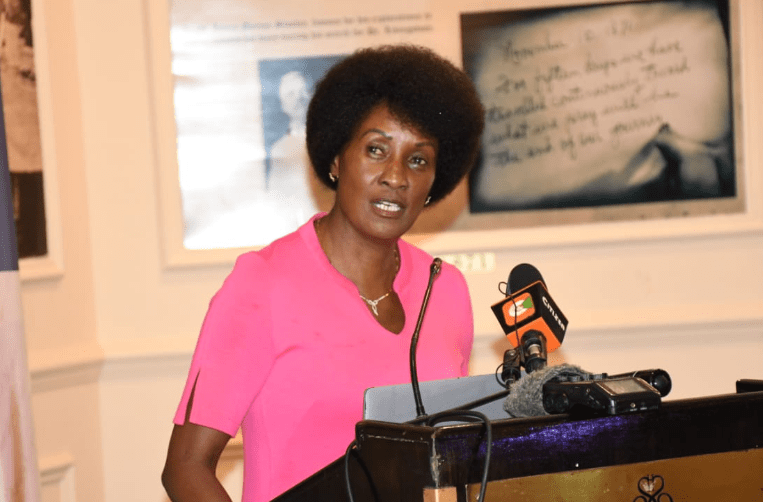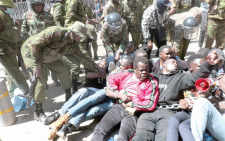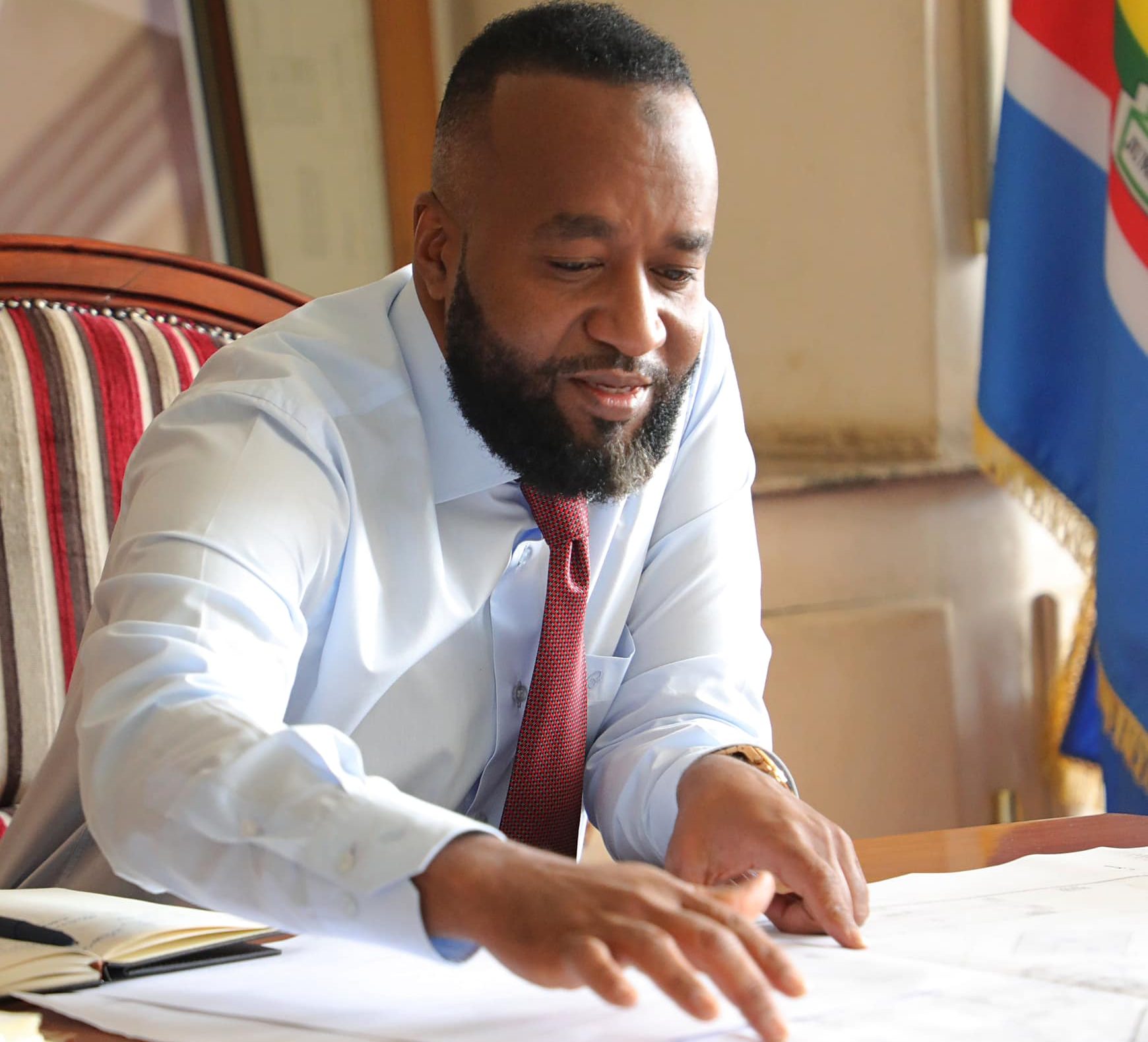Who’ll quench poverty-stricken children’s thirst for education?
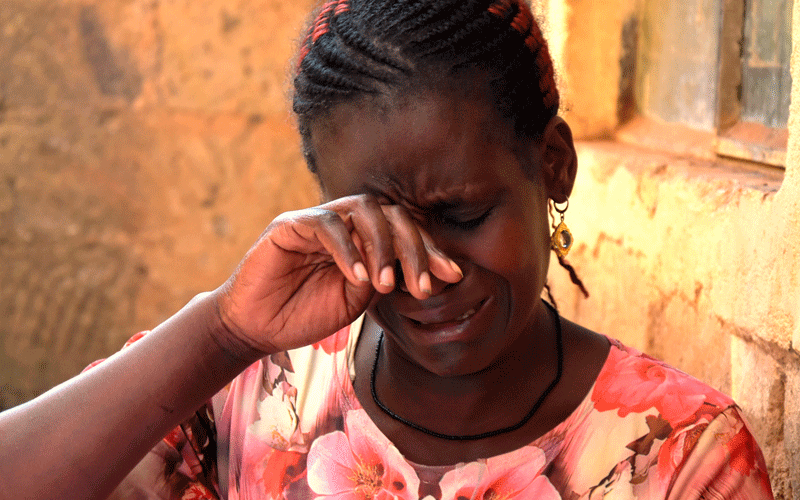
George Kebaso and Mathew Ndung’u
The sun is blistering hot in the Savannah climate of Laikipia plains as Jane Epeyon, assisted by her mother, Esther Emani, offloads a 20-litre jerry can of water she has trekked for more than 10km to fetch.
This could be the kind of life that Jane, 16, is staring at unless a good Samaritan comes to her rescue.
As more than 800,000 candidates who sat last year’s Kenya Certificate of Primary Education (KCPE) exam transited to secondary last month, a frustrated Jane is still at home.
Jane beat all odds to score 304 marks at Jane Goodall African Academy, a school funded by well-wishers through Segera Mission Centre.
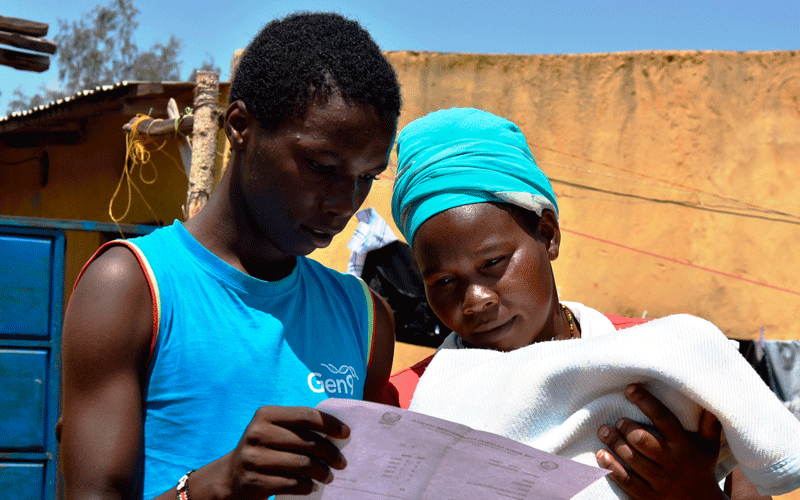
Ian Kimuhu, a former Thiririka Primary School pupil, and his mother Beatrice Wambui checks his KCPE grade (303 marks) in Juja, Kiambu county. Photo/PD/ MATHEW NDUNG’U
Her parents cannot afford the Sh16,750 first term fees and Sh30,000 for shopping to join St Jude’s Nturukuma Secondary School in Nanyuki, Laikipia.
“I aspire to be a medic if only well-wishers can pay school fees for me. People in my village are suffering from malaria and other water-borne diseases and these are the challenges I can help address,” says Jane, sweat dripping down her face.
Her hopes of joining high school are waning fast. “My daughter did well in her KCPE but no sponsor has come by. Besides fees, we need Sh30,000 for her shopping,” says the mother of six.
Already, there is an outstanding fees balance of Sh47,000 for another daughter at a local secondary school and the institution is still holding on to the girls KCSE certificate.
“She had to use her results slip to join university after a sponsor came to her rescue,” Emani adds.
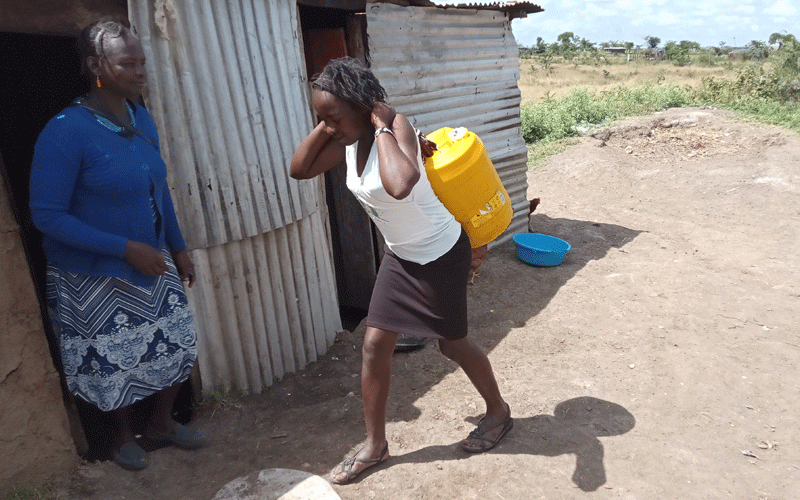
Just like other parents in the manyattas, Emman relies on casual labour which rarely gives her more than Sh200 per day.
Jane’s two other siblings are in primary school while a brother who sat KCPE in 2017 never joined secondary school.
Casual labour
Jane has a dream she doesn’t want ruined in the poverty-stricken manyatta. “I want to study so that I can get a job in future and help my family,” she says.
Scholar recently visited several manyattas across the Segera ward where poverty has seen so many children ending education journey at the primary level.
Despite raking in billions of shillings from the multi-million-shilling investments in wildlife conservancies, ranching and horticulture farming, private investors in the area have largely given a blind eye to the plight of school leavers.
Salim Edubg, a former ward representative for Segera, says more than 100 candidates who scored more than 300 marks at Ereri, Endana and Uaso Ng’iro primary schools as well as Jane Goodall African Academy might not transit to secondary school.
“Although the children have done well with about 70 per cent of the 159 who sat for their KCPE last year scoring more than 300 marks, only 24 have been lucky to get sponsorship courtesy of 410 Bridge, a community development organisation,” he says.
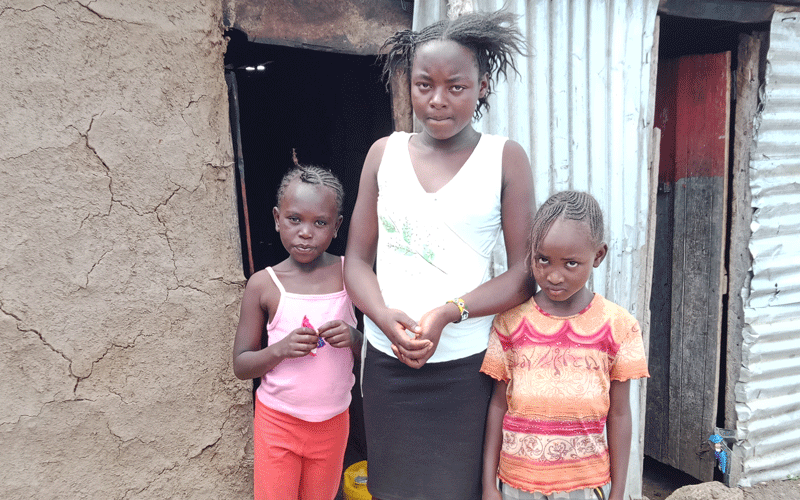
Edung says to reduce growing tension in families and desperation among the youth whose parents work in conservancies, ranches and farms, all that’s required is for the children to continue with their studies.
“The conservancy owners, ranchers and farmers pay the squatters peanuts, while they make billions of shillings.
Only a few support our children. The sponsors just a few top performers, leaving the majority to languish at home,” Edung says.
At the Segera Gate Manyatta, Samuel Lokurule, a father of eight, has been waiting for a sponsor to clear a school fees balance of Sh60,000 at Endana Secondary to enable his son to join a polytechnic.
“I got a sponsor who he is asking me to raise 20 per cent of the debt which I don’t have.
My son has to work for more than 10 years to clear the balance. Casual work in hoticultural farms earn him Sh200 daily, not even enough for his needs,” he said.
James Evander, a community volunteer in Segera Ward says the government needs to do act urgently. As the youth return to the fields to herd livestock, others become criminals and girls get married off.
Doors closed
“The State should mobilise organisations that do business in Laikipia county to help these children so that they can help their society in future. Otherwise, what we are starting at is all but doom,” he said.
Rev Ndirangu Mbuthia of Maximum Miracle Centre in Ngare Ng’iro village says it’s crucial for the State to consider children who come from marginalised areas so as to enhance equity and balance in education.
“There is misery all over Laikipia county — so many kids dropping out of school. We in the marginalised areas have been forgotten; we only hear of good things happening in education on radio,” he says.
Ruth Wangechi Gitonga and Teresia Athekon sat the Kenya Certificate of Secondary Examinations (KCSE) exam last year, scoring B-plain (63pts) and B-plus (71pts) at Njonjo and Gatero Girls respectively. They might never go to university too.
Wangechi is eyeing engineering courses while Athekon wants to be a nurse, but poverty threatens to condemn their hopes.
“If I can get a sponsor, I will appreciate to proceed to university,” says Athekon.
Meanwhile at Ruriii village in Juja, Kiambu county, Kellen Mwendwa, a mother of five, survives on casual work such as washing clothes for villagers. Her story is one of absolute desperation and pure hopelessness.
Depressed over her inability to educate her kids, Mwendwa says her daughter Jackline Kathambi is idle at home as she cannot afford school fees. Kathambi got 299 marks in KCPE at Karoe Primary, Meru county.
“If I cannot educate my children, why should I live? My mother died when I was only two; I don’t want my children to suffer like me,” she says.

